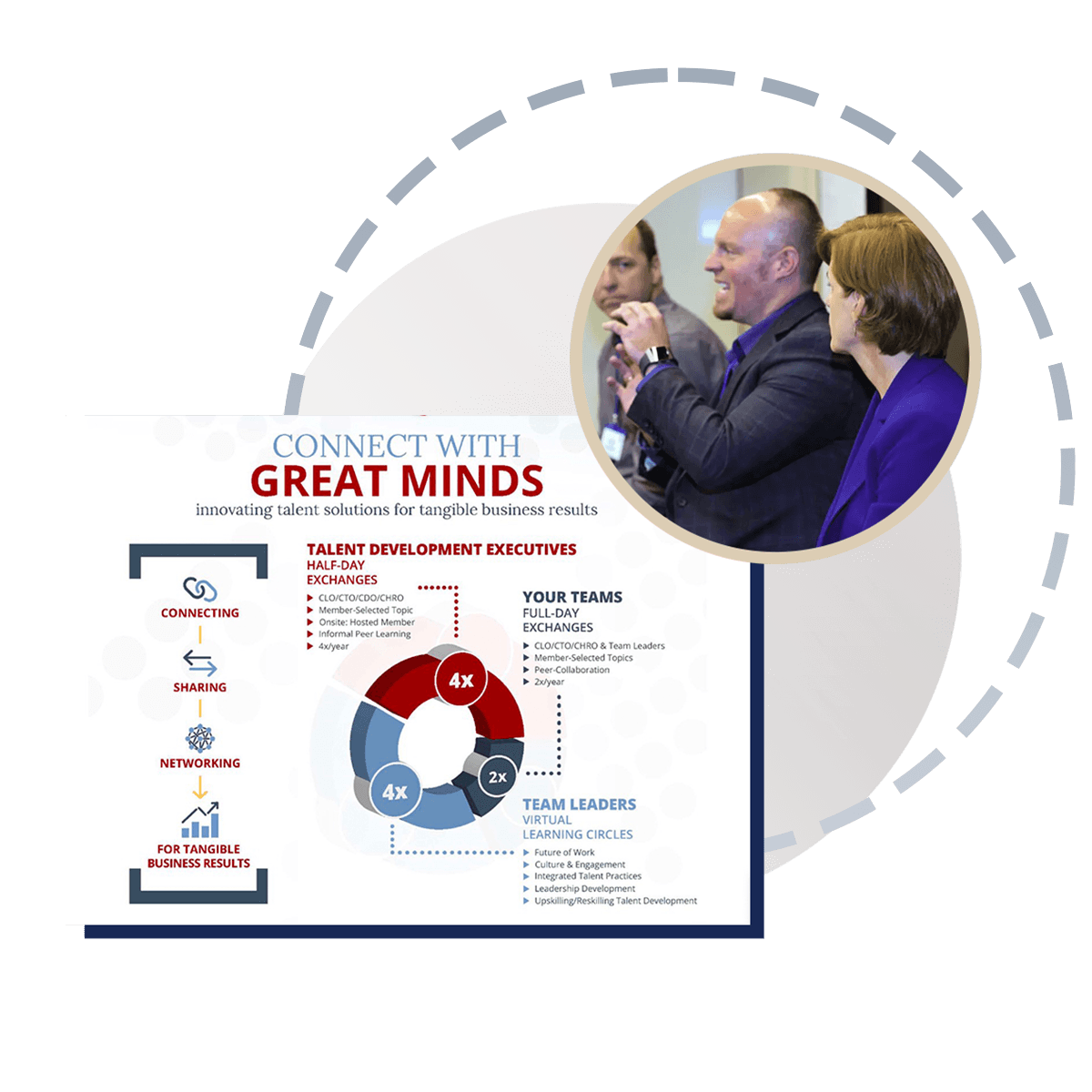This highlight video is from May 23, 2025 session The Shift from Formal to Empowered: Innovative Coaching as the New Learning Paradigm
This session pulled back the curtain on why coaching strategies often stall at scale—and what it really takes to make coaching work in today’s organizations.
We’ve long relied on formal coaching programs designed for senior leaders, but those high-investment, executive-level programs don’t reflect how people actually grow across today’s cross-functional, constantly shifting teams. In this ELE roundtable, a panel of seasoned talent leaders unpacked the shift from “Big C” coaching (exclusive, executive-level engagements) to “little c” coaching—the micro-behaviors that build—or break—trust, clarity, and momentum across teams.
But here’s the friction: not every manager wants to coach. Some aren’t ready. And the systems they operate in often make coaching nearly impossible. Through interactive debate and candid reflection, we explored a more uncomfortable—but necessary—question: not whether coaching is valuable (we all agree it is), but whether the way companies are currently investing in it is truly working. The heart of the debate wasn’t about whether coaching is good or bad—it was whether it’s worth it to keep pouring resources into high-touch programs at the top, when the real opportunity might lie elsewhere.
“Leadership is in itself a profession that we lay over people doing other things.” -- Nicole DeFalco.
Too often, we promote high performers into leadership roles and assume coaching will follow. But delivering results and growing others aren’t the same skillset—and without intrinsic motivation, even great managers may struggle to coach well.
Here are key takeaways that sparked conversation:
💡 Key Takeaways:
-
Big C vs. little c Coaching – Not all coaching is created equal.
-
Coaching ≠ Performance Review – There’s tension when your coach also rates your performance.
-
AI as a Coaching Ally – Coaching avatars and GPT-based mentors are already here.
-
Managers Aren’t Always the Answer – Maybe people don’t just leave managers. Maybe they leave broken systems.
-
Coaching Requires Want-To, Not Just Know-How – Without motivation, training won’t stick.
✅ Practical Actions:
-
Introduce the Big C/little c coaching language in your org
-
Screen leaders for EQ and coaching aptitude, not just role
-
Embed coaching moments into daily work
-
Pilot AI coaching tools to complement human feedback
-
Reassess where manager investment is driving actual value
Let’s reframe what scalable, empowered coaching really looks like.
How are you evolving coaching in your organization? Share with us on ELE Idea Exchange.
